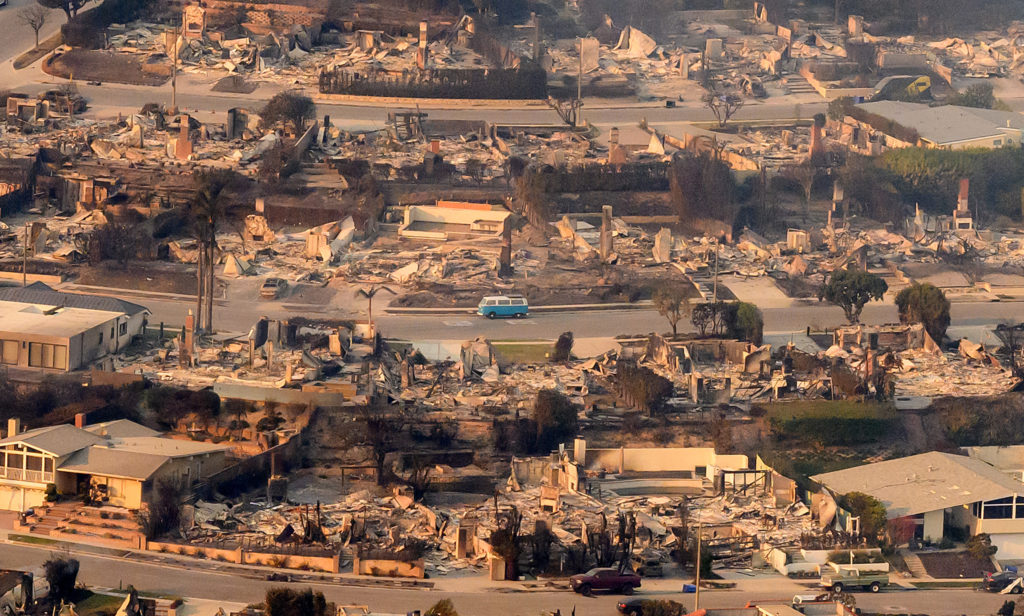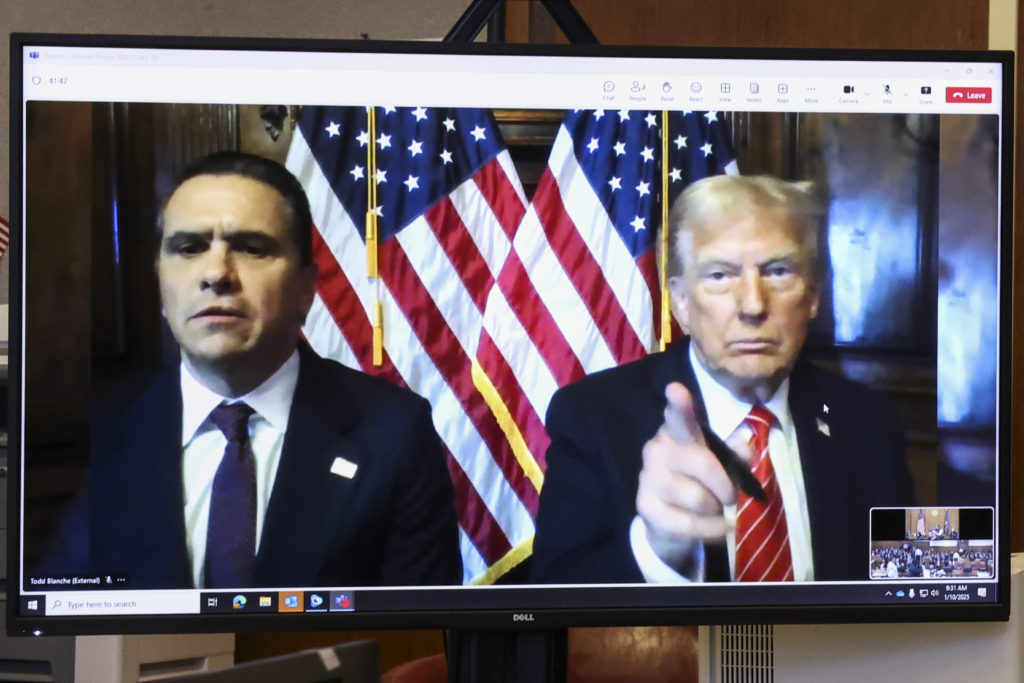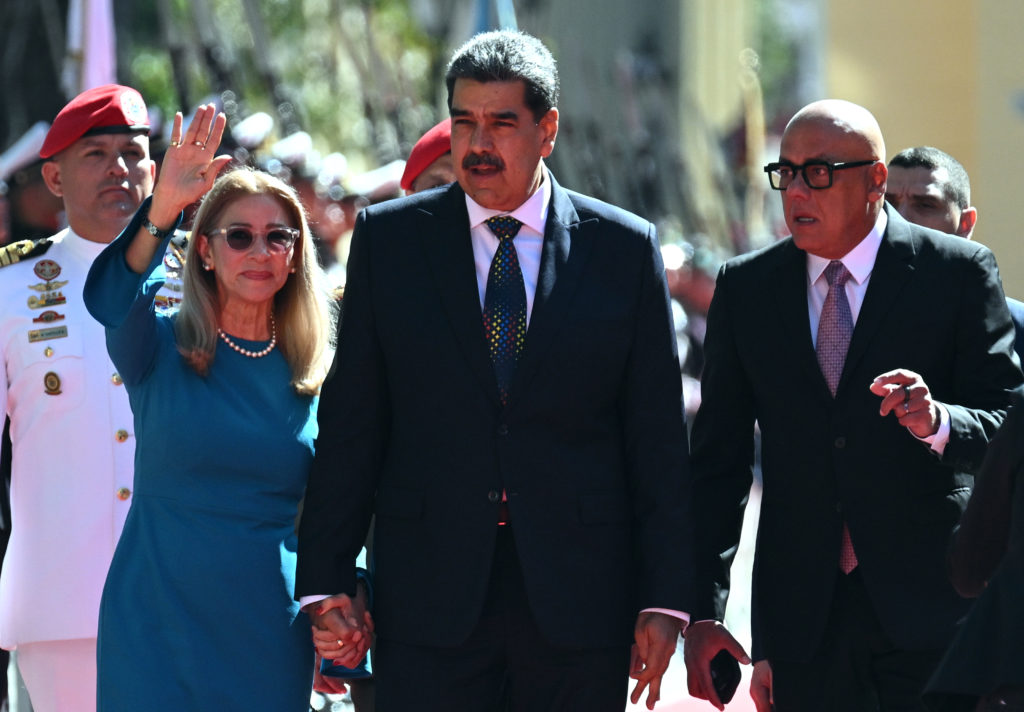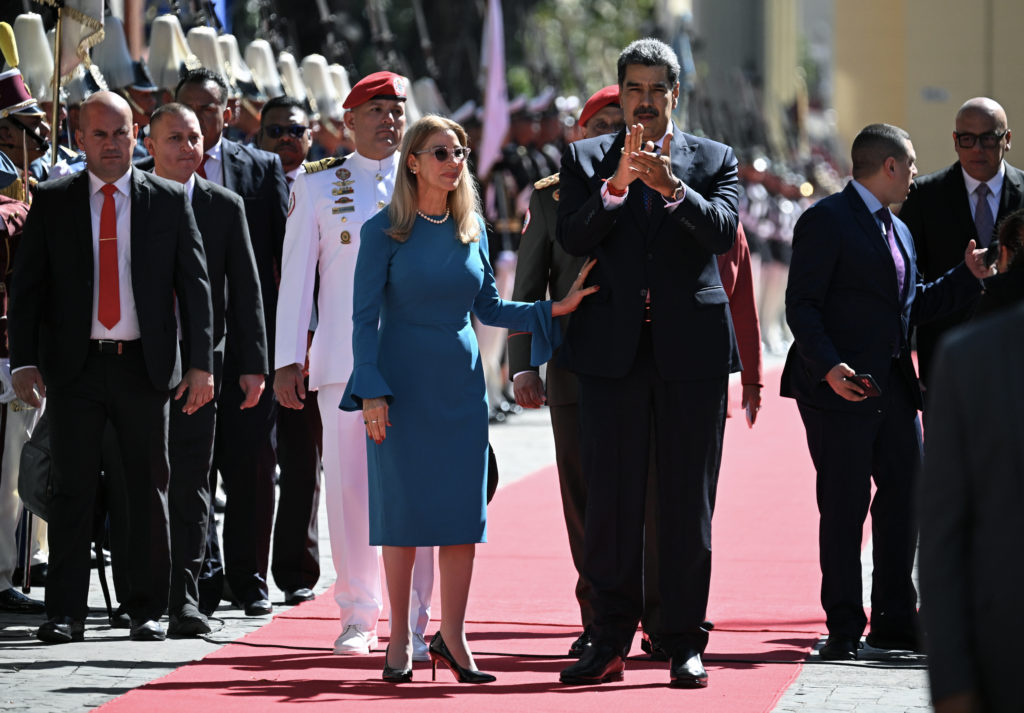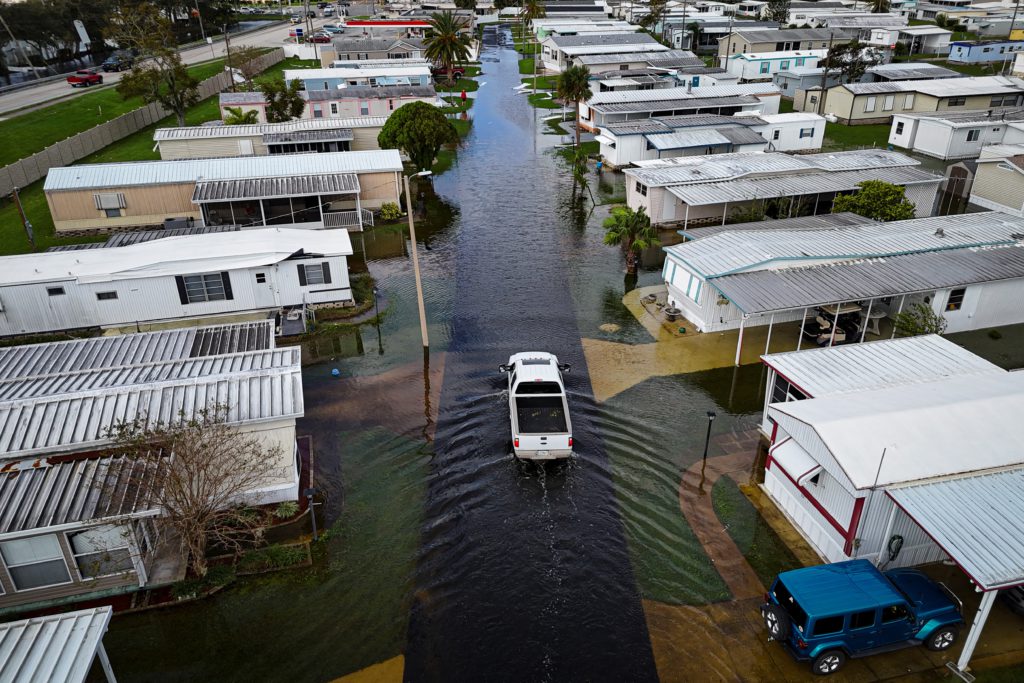Just a few months after the Taliban took charge in Kabul and promised to restore peace in Afghanistan, many Afghans still fear an invisible enemy: the Islamic State.
The local chapter of the jihadist group is replicating the very tactics that the Taliban used to successfully destabilise the now-ousted US-backed government, including bombings against symbolic targets.
“The Taliban called us infidels. Now, they are getting killed by people who call them infidels,” a shopkeeper said near the scene of the latest carnage — a gun and suicide bomb attack on a military hospital on Tuesday.
“And they have no chance of winning this war,” he told AFP.
The day after the attack, a cleaner passed by with a hose to rinse blood from the pavement and a Taliban fighter pointed with his Kalashnikov to where human remains dangled from the perimeter’s razor wire.
Nineteen people were killed in the attack claimed by Islamic State-Khorasan (IS-K), the local chapter of the group.
The operation gave the Taliban a chance to launch its feared Badri special forces and deploy a team from a helicopter in a show of force as they confronted the militant attack squad.
But the commander of the force, Kabul’s security chief Hamdullah Mokhlis, and at least three Taliban comrades were killed as they battled the militants.
A member of the hospital’s medical staff said they warned the Taliban to manage the traffic outside the building, which had been targeted in the past.
“They didn’t listen to us,” he told AFP on condition of anonymity.
“They don’t know how to handle the situation. Four cars burst into flames after the second explosion. They didn’t even think of calling the firemen. We had to do it ourselves. They don’t have the number.”
The hospital was last attacked in 2017, in another operation claimed by IS-K. A six-hour gun battle erupted and militants went room to room, slaughtering patients.
One doctor said the Islamic State are the Taliban, but worse.
“I can’t tell the difference between them. They have the same facial hair, the same clothing. For me they are the two ears of the donkey.”
– Motorcycle bomber –
For some, IS-K is more deadly than the Taliban were when they were fighting for control. They see a more sophisticated strategy, with multiple bombings and more complex tactics.
On Tuesday, a motorcycle suicide bomber hit the main gate of the hospital and gunmen stormed their way in behind him.
As Taliban special forces were arriving on the scene 20 minutes later, a car bomb — which witnesses say looked like a taxi — exploded.
“I have seen all this before, the same exact tactics,” another doctor said.
“I know these tactics so well that, after the first explosion, even when I saw people lying injured, I knew I couldn’t go to treat them, because the second explosion would happen soon, and it happened.”
A day after the blasts, security was tighter. Heavily armed Taliban patrols in pick-up trucks captured from the former US-backed security forces thronged the area.
Cars were stopped and searched, papers checked.
Farmer Hazrat Noor from Jowzjan province, who came to the capital for treatment, was pleased with the Taliban victory and swore “he’d never felt safer in 40 years”.
Taliban guard Mohamad Torbi, the leader on a cordon near the hospital, said his men can recognise IS-K fighters “because they are different, they are strangers, with different accents and behaviour”.
“This time they arrived in military clothes,” he added.


